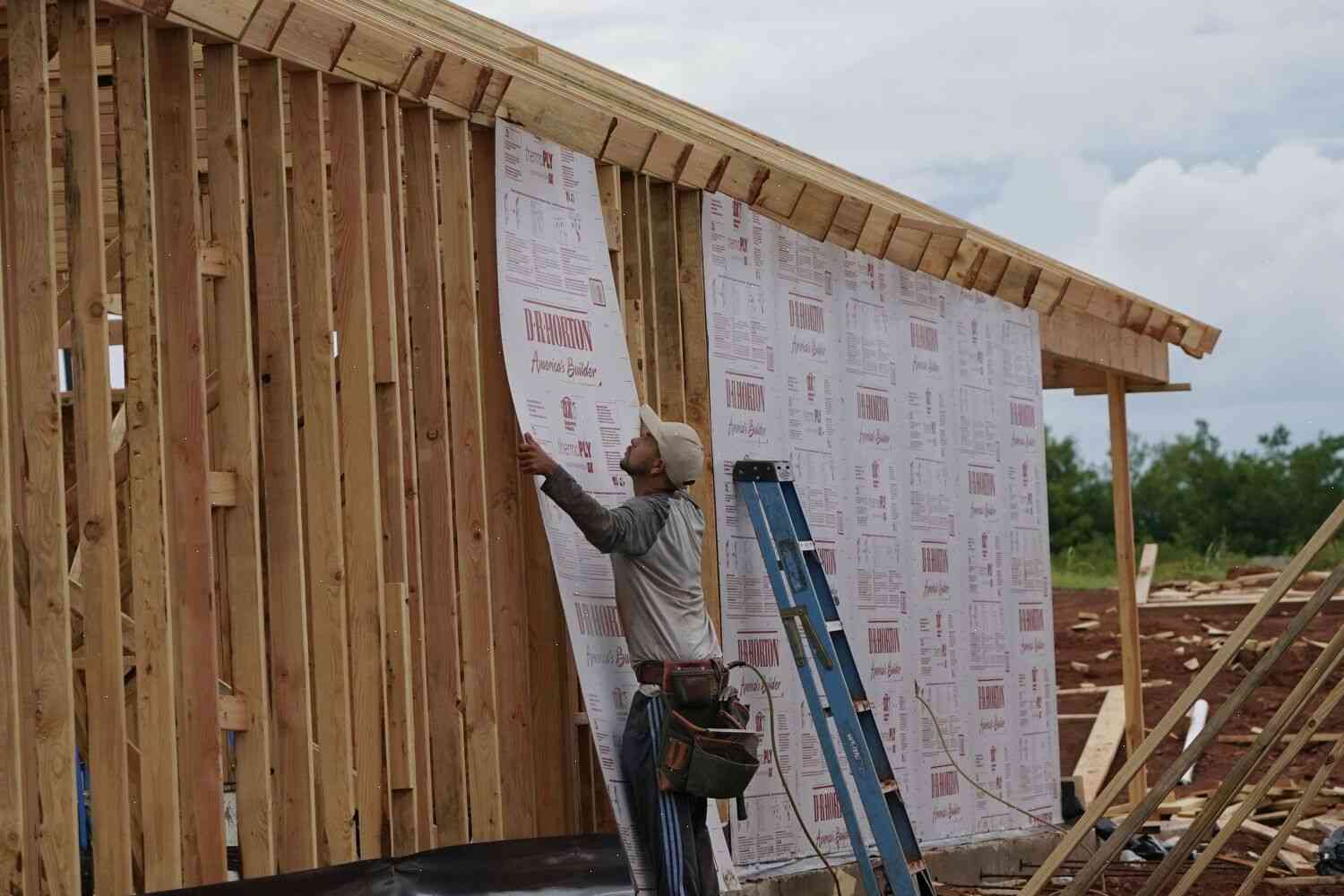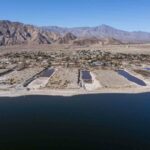Op-Ed: Climate change is a big problem. Citizens must demand many small solutions to address the challenges
In April, over 1,000 people in the United States—activists, academics, students, businesses, foundations, and citizens—mobilized to sign the Climate Justice Declaration. Signed in Washington DC, the declaration calls for “a just transition to clean energy sources by 2050” and requires that in the next year the US Congress pass a climate bill that includes a cap-and-trade system to curb emissions. The declaration also calls for “transforming the energy sector into a carbon-neutral economy” that creates millions of jobs, builds renewable energy systems, and increases energy efficiency in homes and businesses.
This declaration came at a time when the US Government was preparing for the Paris Climate Conference, where the world’s largest economies were supposed to work together to create legally binding agreements, and the UN Climate Change Conference in Bonn, Germany, were supposed to bring the world’s leaders together to make the Paris accord into real climate action by 2020. However, as the first major climate treaty in American history, the Paris Agreement fell short of what was needed to address global climate change. Rather than taking bold leadership to confront the climate crisis, the US went back to business as usual: cutting funding to climate programs, blocking legislation to combat climate change, and continuing to pollute.
This is why we need citizens to push back against the fossil fuel industry and demand other forms of change in their communities, from changing behavior in their personal and professional lives to changing their community’s energy consumption patterns and building a just transition away from fossil fuels.
This article was originally published in The Guardian, June 6, 2015. It is republished here with permission of the author.
The past four years have seen a surge in grassroots organizing by thousands of people who are fighting for a climate that is just. The most visible signifiers of this are the protests against the Dakota Access Pipeline, the anti-fracking movement in Pennsylvania, the people’s power on the streets of New York, in London, and in cities around the world.
But there are also many local examples of grass-roots organizations taking power with







